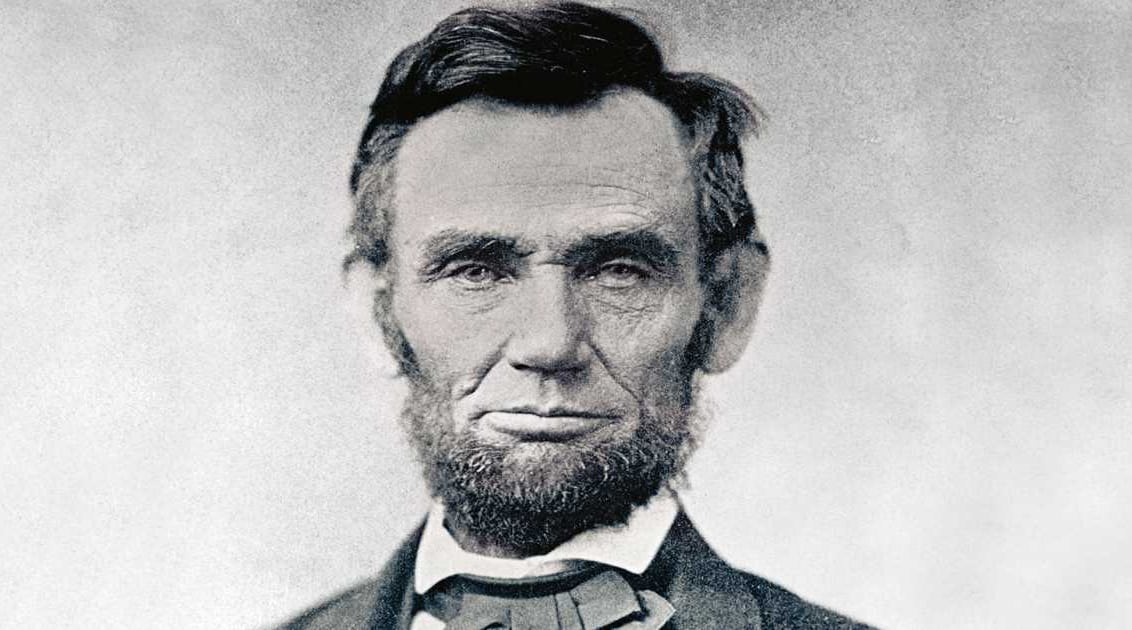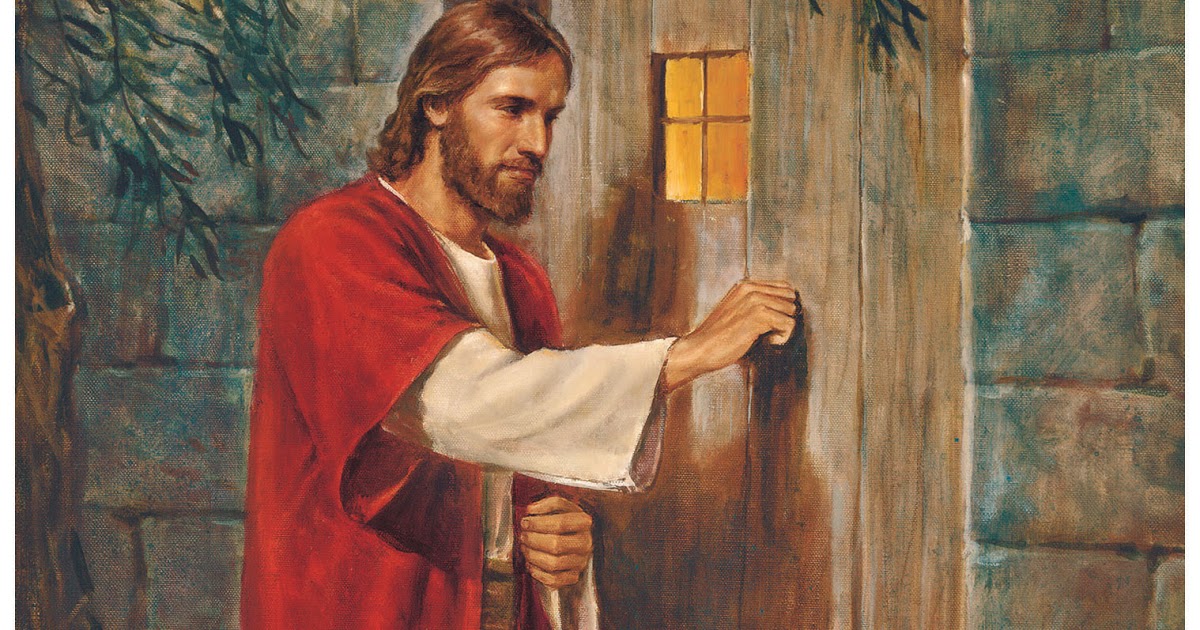If you’ve been watching TV, reading the newspaper, or otherwise staying informed, you know that we’re in a fiercely-contested election year, and already a tidal wave of political criticisms, character assassinations, and fake news is swamping our nation. Many experts claim America is now more politically divided than at any time since the Civil War—but this election certainly won’t be as divisive as that of 1860, which had four major candidates for the presidency. Abraham Lincoln was the candidate of the newly-formed Republican party, and he was elected when the three Democratic candidates split the remaining votes. Because Lincoln opposed the expansion of slavery, his election caused some of the southern states to secede from the Union, and the Civil War was underway.
In forming his cabinet, President Lincoln chose as his Secretary of War a man named Edwin Stanton—even though Stanton was a political enemy; he personally hated Lincoln and had campaigned against him in a particularly personal and vicious manner. When his advisors objected to his choice, Lincoln said, “Yes, I know Mr. Stanton. I am aware of the terrible things he has said about me. But after looking over the nation, I find he is the best man for the job.” This surprising appointment turned out to be an inspired choice, for Stanton brought order to a very chaotic and disorganized War Department, and helped the North finally marshal its superior manpower and resources and ultimately win the war. Stanton remained one of Lincoln’s fiercest critics, and once privately called the president a fool for something he proposed to do. When this was reported to Lincoln, he said, “Well, Mr. Stanton usually knows what he’s talking about—so if he says I’m a fool on this issue, he must be right.” (As an aside, I can’t imagine any of today’s politicians being that humble.) Eventually Stanton started to appreciate and even grudgingly admire the man he had formerly despised, and when President Lincoln was assassinated at the end of the Civil War, Stanton said, “He now belongs to the ages”—in other words, Lincoln was one of history’s greatest figures (Brian Cavanaugh, The Sower’s Seeds, p. 72). Through his charity, mercy, and humility, Abraham Lincoln transformed one of his fiercest enemies into one of his strongest supporters—and this, more than anything else, demonstrates his greatness. In the same way, you and I are called to become great—not as historic figures, but as future citizens of Heaven who truly live by Christ’s teachings while here on earth.
I’m sure Abraham Lincoln would have appreciated St. Paul’s words (1 Corinthians 3:16-23) in which the apostle tells us we must become fools in a worldly sense so as to become truly wise. Not only did Lincoln often poke fun at himself; more importantly, he genuinely recognized the importance of trying to live by God’s standards, even when so many people around him were unwilling to do so. To forgive our enemies is, from this world’s perspective, at best highly questionable, and to refuse to take revenge on our enemies and to love our neighbor as ourselves is complete and utter nonsense. Nevertheless, this is how we are called to live, as both the Book of Leviticus (19:1-2, 7-8) and Gospel of Matthew (5:38-48) make very clear. The Lord commanded Moses to inform the entire community they were to avoid hatred and the holding of grudges, and Jesus later built on this holy Jewish tradition by teaching His disciples to love their enemies and pray for those who persecute them—for in this way they would begin to share in the perfection of their Heavenly Father.
A college student interviewed a successful businessman for his senior thesis, and asked him the secret of his success. The man replied, “It comes down to three simple words: and then some.” When the puzzled student asked him to explain, the businessman said, “I learned early in life that the difference between average people and truly successful people could be summed up in those three words. Top people did what was expected, and then some!” In other words, the most successful persons fulfilled their obligations, but didn’t stop there; instead of being satisfied with doing just enough, they made an extra effort—whether in accomplishing their assignments, showing consideration to their co-workers, or helping persons in need (Brian Cavanaugh, Fresh Packet of Sower’s Seeds, p. 66).
Jesus is using the “and then some” approach in the Gospel of Matthew (5:38-48); He is asking us to go beyond what might reasonably be expected of us, so as to imitate the unreasonable generosity of God. The Lord does not ration His blessings, or pour out His graces upon us one little drop at a time; He is lavish in His demonstrations of love—most especially by sending His own Son to die for our salvation, though in many other ways, as well. Can you and I make greater efforts to respond to Him in this same generous spirit? We have many opportunities to use the “and then some” approach. For instance, when someone annoys us, instead of merely biting our tongue, we can smile at and silently pray for the person. When we’re asked to do a favor for someone at an inconvenient time, we can not only agree, but also thank God for the chance to surrender our will. When we’re invited to contribute to charity, we can give a little bit more than we normally would. When we fulfill our Sunday obligation by attending Mass, we can stay a few minutes afterwards and pray in silent thanksgiving. When we choose our Lenten penances, we can do a little something extra each day—preferably something that will bring us closer to God, like five more minutes of prayer each morning, or something that expresses our love of our neighbor, like a random act of kindness that requires us to go a little bit out of our way.
Many Christians today are content to be just “good enough”—but that standard is never sufficient for truly great people, like Abraham Lincoln, and it’s not supposed to be enough for true followers of Jesus. Our Lord poured Himself out for us, without counting the cost—and by our willingness to love our enemies, forgive those who harm us, and help others in need, we can respond to our Savior in this same spirit. This is how we open ourselves to God’s grace, and become spiritually alive, and prepare ourselves for the glorious and eternal joys of Heaven.








